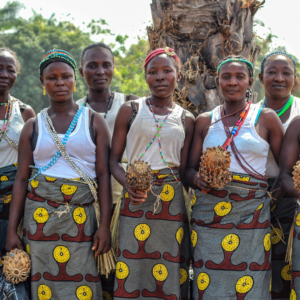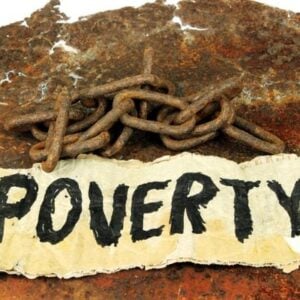Rural women play a vital role in sustaining families, strengthening communities, and shaping local economies, often working quietly yet with significant impact. Their contributions extend beyond labor, bringing hope, resilience, and progress, even as global challenges such as climate change, shifting international funding, and increasing pressures on food systems intensify. The recognition of their work is particularly timely this year, as the world observes the International Day of Rural Women and the International Day for the Eradication of Poverty.
According to the UN Women 2025 Report, female extreme poverty has remained around 10% since 2020. If current trends continue, over 351 million women and girls could still live in extreme poverty by 2030. However, accelerating the implementation of Sustainable Development Goals could reduce global female extreme poverty from 9.2% in 2025 to just 2.7% by 2050. This highlights the critical importance of supporting rural women as central actors in development and poverty reduction.
Despite often having limited access to land, resources, and decision-making power, rural women serve as the backbone of the global food system, demonstrating remarkable resilience and commitment. When provided with tools, training, and resources, they become powerful agents of change, strengthening families, transforming communities, and building more resilient societies. Inclusive support for rural women not only advances moral imperatives but also ensures sustainable development outcomes.
Humana People to People emphasizes gender equity and inclusivity as key strategies for reducing poverty and advancing sustainable development. Across its programs, empowering women—particularly in agriculture—remains a priority. In Zimbabwe, for example, Development Aid from People to People (DAPP) has supported rural communities for over 44 years, complementing government efforts and enabling individuals to drive their own development. Projects such as the Farmers’ Clubs Chivi Project in Masvingo District help 1,500 smallholder farmers build climate-resilient livelihoods through conservation agriculture, environmental stewardship, and sustainable ecosystem management, enhancing income, food security, and nutrition while reducing land degradation.
The Farmers’ Clubs model, active in 12 countries across Africa, Asia, and Latin America in 2025, supports over 152,000 smallholder farmers in adopting sustainable agricultural practices. By integrating food production, financial literacy, collective learning, and gender equality, the Clubs place rural women at the center of change, expanding their economic opportunities, leadership roles, and voices in their communities.
As the world marks the International Day of Rural Women and the International Day for the Eradication of Poverty, the focus remains on recognizing rural women’s essential contributions and ensuring their empowerment continues to drive sustainable development, climate resilience, and poverty alleviation worldwide.







